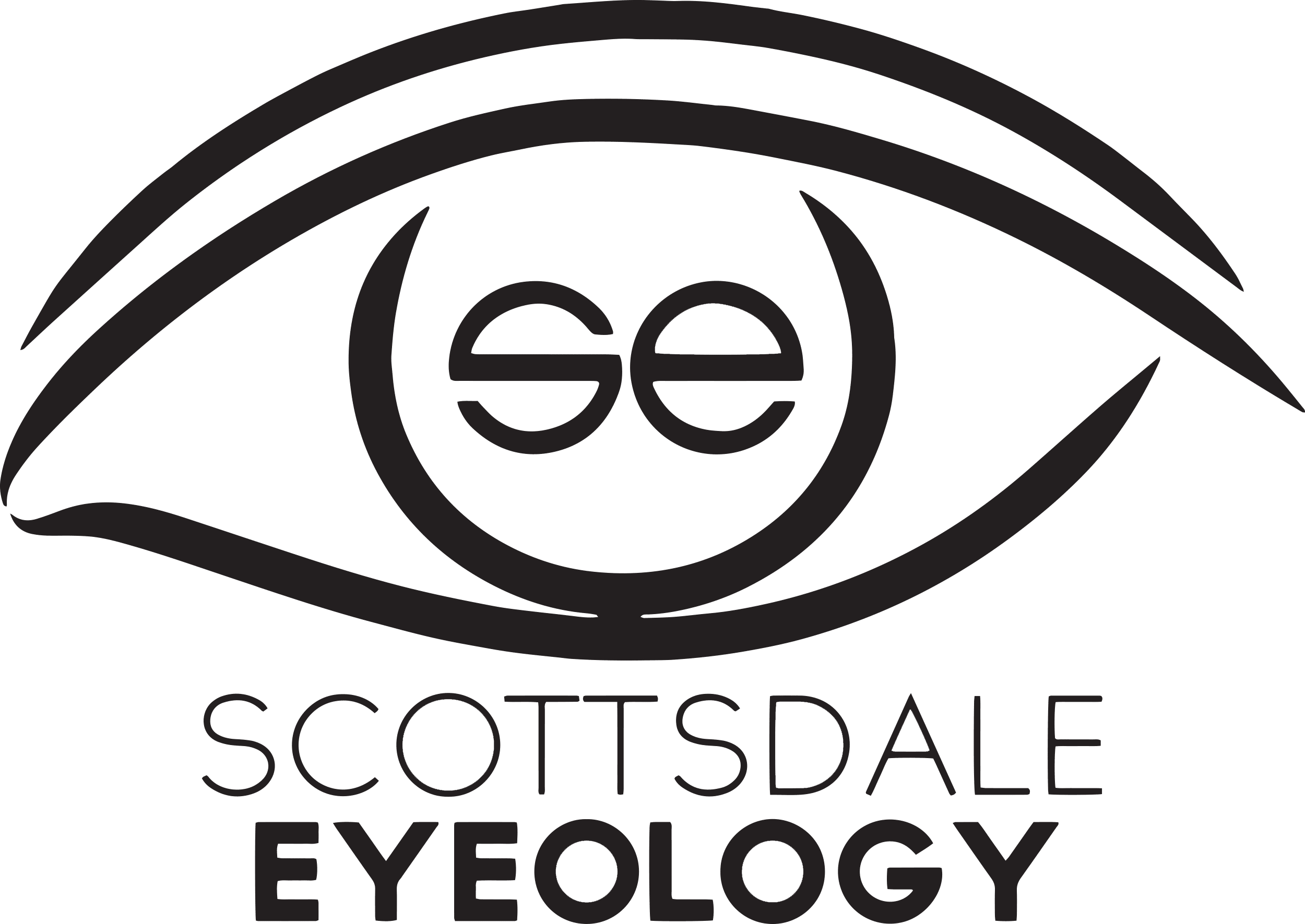Myopia, or nearsightedness, makes distant objects blurry while close ones appear clear. Symptoms include headaches, eye strain, and squinting. LASIK surgery uses a laser to reshape your cornea, the front part of your eye, to improve your focus. So, can LASIK cure myopia permanently? Let us uncover the answer in this article.
How Does LASIK Work to Cure Myopia?
LASIK works to cure myopia by permanently reshaping the cornea, the dome-shaped transparent tissue at the front of your eye. In nearsighted eyes, the cornea is too curved, causing light rays to focus in front of the retina instead of directly on it, leading to blurry distance vision. LASIK uses a laser to remove a tiny amount of corneal tissue in a very precise pattern. This removal flattens the curvature of the cornea, allowing light rays to focus directly on the retina for sharper distant vision. It’s important to note that this reshaping is permanent since the removed corneal tissue cannot grow back.
Why LASIK is considered permanent?
LASIK is considered permanent because the reshaping of the cornea is permanent. The laser removes a precise amount of corneal tissue, essentially sculpting it into a new form that allows light to focus properly on your retina. This new shape holds its form, unlike glasses or contacts that can be adjusted. However, it’s important to understand that LASIK corrects your vision based on your prescription at the time of surgery. While the cornea itself stays reshaped, your eyes may naturally change over time, particularly as you age. So, LASIK corrects your current vision needs, not any future changes in your prescription.
Factors that can influence long-term vision after LASIK
1. Age-related vision changes: Even after LASIK, your eyes will continue to age. Presbyopia, the hardening of the lens that makes focusing on near objects difficult, can still occur and might require reading glasses later in life.
2. Underlying eye conditions: Pre-existing eye diseases like glaucoma or uncontrolled diabetes can affect how your eye heals and maintains stability after LASIK.
3. Corneal thickness: People with thin corneas may not be good candidates for LASIK as removing too much tissue could weaken the cornea and lead to complications.
4. Lifestyle habits: Maintaining a healthy lifestyle with good nutrition, regular exercise, and proper eye care can contribute to overall eye health and potentially improve the longevity of LASIK results.
5. Dry eyes: LASIK can temporarily disrupt tear production, leading to dry eyes. Chronic dry eye issues can affect comfort and potentially vision clarity after surgery.
Wrap Up!
LASIK offers a permanent solution for correcting myopia in most cases. The reshaped cornea provides lasting freedom from glasses and contacts. However, it’s crucial to discuss your candidacy and potential risks with an eye doctor to ensure LASIK is the right choice for you.
There are other vision correction procedures available, like implantable lenses (IOLs), that might be suitable depending on your specific needs.
Ready to see if LASIK can change your life? Schedule a consultation with an experienced optometrist in Scottsdale today! Your clear vision awaits.


